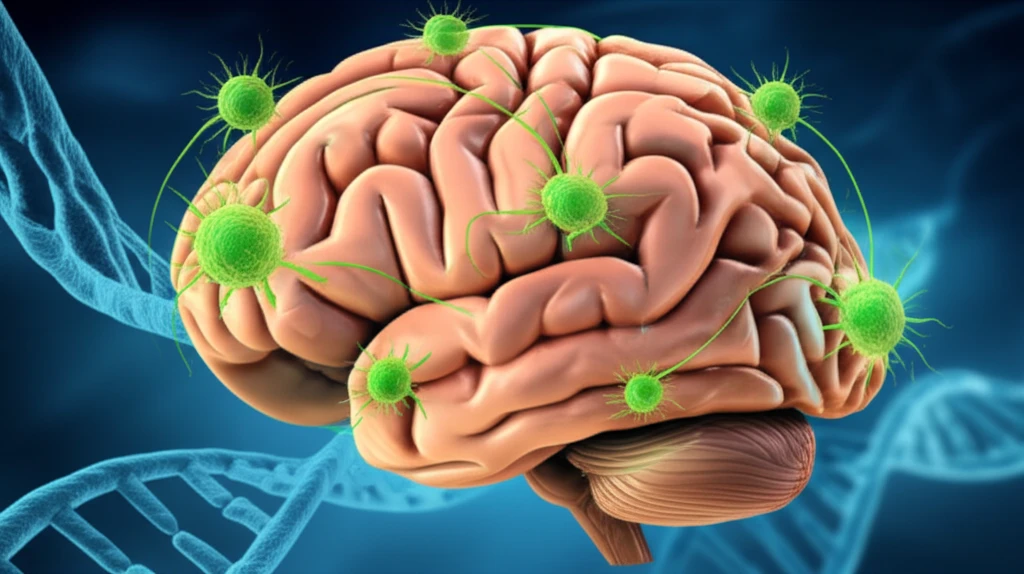
Glioblastoma Vaccine: Why Immune Response Matters
"New research unveils how pre-existing immunity and vaccine-induced changes influence glioblastoma treatment outcomes, paving the way for personalized cancer therapies."
Glioblastoma multiforme (GBM), the most aggressive form of brain cancer, presents a formidable challenge to modern medicine. Standard treatments involving surgery, chemotherapy, and radiotherapy offer limited success, spurring the exploration of novel immunotherapeutic strategies.
One such strategy involves dendritic cell (DC) vaccines, which harness the power of the immune system to target and destroy cancer cells. The Audencel vaccine, designed to stimulate an immune response against GBM, recently underwent a Phase II clinical trial. While the trial did not demonstrate significant clinical efficacy in all patients, intriguing findings emerged regarding the influence of the immune system on treatment outcomes.
This article delves into the immunological research accompanying the Audencel trial, exploring how pre-existing immune characteristics and vaccine-induced changes impact survival in GBM patients. We'll unpack the study's key findings, highlighting potential biomarkers and offering insights into the future of personalized cancer therapies.
Pre-existing Immunity: A Foundation for Treatment Success?

The study revealed a crucial insight: patients with favorable pre-existing anti-tumor characteristics lived longer under Audencel treatment. This suggests that the immune system's initial state plays a significant role in determining treatment response.
- CD8+ T Cells: Act as key executioners in the immune system, directly targeting and destroying tumor cells. A high pre-treatment count suggests a robust foundation for an effective immune response.
- Granzyme B: Is a crucial enzyme released by immune cells to induce apoptosis (programmed cell death) in target cells. Its presence indicates the immune system's readiness to eliminate tumor cells upon recognition.
Audencel's Impact: Stimulating the Immune System
Even though Audencel didn't improve survival, it demonstrably impacted the immune system. The vaccine upregulated Th1-related immunovariables, including interferon-gamma (IFN-γ), a critical cytokine for anti-tumor immunity, and the transcription factor T-bet, essential for Th1 cell development.
Moreover, post-vaccination levels of IFN-γ and CD8+ cells were indicative of better survival, reinforcing the importance of these immune components in controlling GBM progression.
While Audencel alone may not be the ultimate solution for GBM, this research underscores the potential of DC vaccines and highlights the necessity of understanding individual immune profiles to optimize treatment strategies. Future research should focus on identifying combination therapies or developing more effective biomarkers to predict and enhance treatment response in specific patient subgroups.
